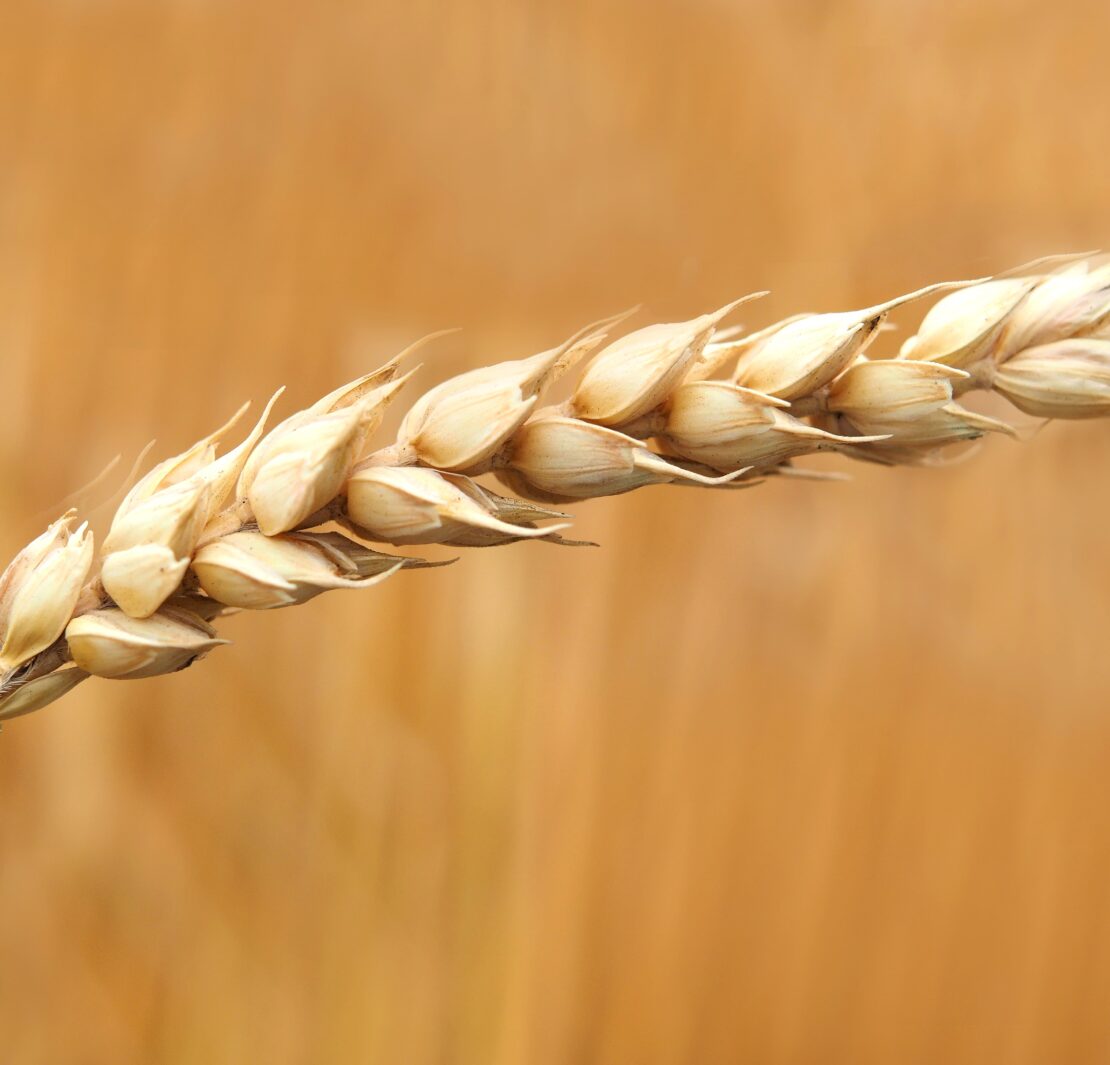The past several years have seen an expansion in the interest of a gluten-free lifestyle. As the number of people living with celiac disease and non-celiac gluten sensitivity increases, more products appear on store shelves claiming to be “gluten-free.”
Manufacturers claim to remove gluten from their ingredients list. But, as I’ve learned, a gluten-free label doesn’t guarantee the product is free of gluten, especially when there are risks of cross-contamination and shared equipment. And just because wheat, rye, barley, or other known sources of gluten don’t appear on the ingredients list doesn’t mean it’s gluten-free.
These are a few common and unsuspecting things you should avoid if you’re on a gluten-free diet for health or medical reasons.






Beer & Alcohol
Most alcoholic beverages are not suitable for people on a gluten-free diet. That’s because breweries brew their beer with barley, and distilleries use wheat, rye, or barley to make certain alcohols. There are a few gluten-free options available. But you should always check the label or do your research before trying it.
Processed or Packaged Meats
Most processed and pre-packaged lunchmeats contain gluten⎯as a binding agent, flavoring, coloring, or preservative. So if you’re planning on enjoying a sandwich for lunch, check the labels on the meats to ensure they’re gluten-free. Or, opt for fresh meat instead.
Condiments & Sauces
Condiments and sauces can come from or contain gluten. Some of these include soy sauce and certain barbecue sauces. There are a few gluten-free options available. But you should always check the label before you buy anything.
Nutritional Supplements
Some nutritional supplements claim to be safe for people with gluten sensitivities. But they may still contain trace amounts of gluten. So if you’re sensitive to gluten or are concerned about ingesting even small amounts of gluten, avoid certain nutritional drinks and supplements.
Certain Grains
Gluten is in wheat, rye, and barley. But it can also be present in other grains like oats and spelt. Unless you’re positive that the grain is gluten-free, your best bet would be to avoid them.
Fast Foods
If you’re on a gluten-free diet, you should avoid eating fast foods. Most fast foods have gluten. Or are technically “gluten-free” but are made on the same equipment as everything else. So there may be cross-contamination.
These are a few foods you should avoid if you’re on a gluten-free diet. There are many foods out there that claim to be gluten-free. But, you should always check the labels on all packaged foods and consult with your doctor about any questions or concerns you have about following a gluten-free diet.

